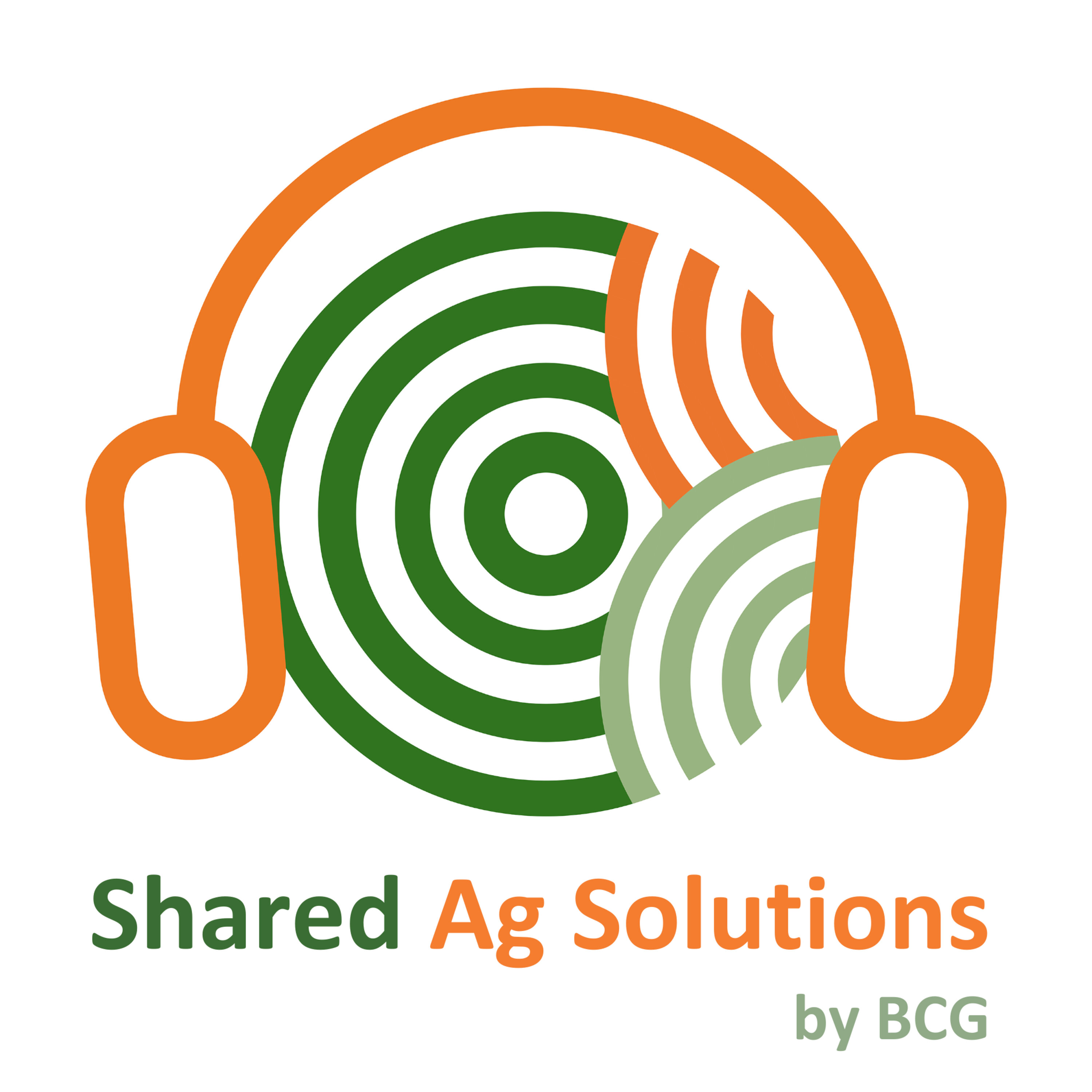Planning for Prosperity: NetZero 2050: What farmers need to know with Professor Richard Eckard
Description
“Because the fossil fuel sector has started reducing its emissions, the transport sector started reducing its emissions and agriculture stayed the same. Suddenly, this year, we're not 14 percent like we were last year, we're 17%. It's a percentage game. So what's going to happen over time is if agriculture does nothing, we'll become the only sector of greenhouse gas emissions while all the other sectors go to zero.” Professor Richard Eckard.
In the fourth episode of our series Planning for Prosperity, sponsored by Action Steel, BCG’s Janine Batters chats with soil carbon royalty: The University of Melbourne’s Professor Richard Eckard. The conversation covers:
What are greenhouse gas emissions What is meant by scope 1, scope two and scope three emissions What the difference is between NetZero and carbon neutral What is carbon sequestration What are carbon credits and how they are being used The difference between offsets and insets and why knowing the difference is crucial Whether planting trees or locking up vegetation is counted in reducing emissions and whether it’s a good option Commercial nitrogen plants using solar panels and how they can help farmers reduce emissions Why it’s important to know your greenhouse gas emission per tonne of grain/wool etc number, how to calculate it and how it is likely to be used The Carbon Farming Outreach Program This podcast is sponsored by Action Steel. Visit https://www.actionsteel.com.au/ today.
For more information on chemical storage visit: https://www.actionsteel.com.au/downloads/standard-chemical-sheds-brochure-size-price-guide/
The information in this episode is general in nature. Before making any financial decisions, speak to your trusted financial adviser.
About Professor Richard Eckard
Richard is Professor of Carbon Farming at the University of Melbourne and National program leader in the Carbon Research Centre for Net Zero Agriculture. His research focuses on carbon farming and accounting towards carbon neutral agriculture, managing extreme climate events and options for agriculture to respond to a changing climate. He developed the first carbon accounting tools in Australia in 2001, these tools now form a national agreed standard in Australia for on farm carbon accounting; his research and expertise provided the science basis for the development of six carbon offset methods in Australia. Richard is a science advisor to the Victorian, Australian, New Zealand, Ireland, UK and EU governments, the International Livestock Research Institute and the UN Food and Agriculture Organization on climate change adaptation, mitigation and policy development in agriculture. In 2021, Richard was named on the Reuters list of the world’s 1,000 most influential climate scientists.
About Grace Hosking
Grace joined BCG in Jan 2023. Grace studied a Bachelor of Agriculture, majoring in Economics at The University of Melbourne. Grace grew up on a broadacre cropping and livestock farm at Quambatook, where her passion for agriculture began. Stemming from her own experience growing up in a rural community, Grace has a strong desire to see farmers and their communities thrive and she enjoys working at an organisation that plays a pivotal role in providing opportunities for industry to improve in both productivity and profitability. Outside of work, Grace enjoys staying involved in her family farm, cooking, walking her dog Mae and spending afternoons at the lake.
Helpful links:
Professor Richard Eckard
https://findanexpert.unimelb.edu.au/profile/2680-richard-eckard
Calculators
https://aginnovationaustralia.com.au/ea-platform/
https://ruminati.com.au/
https://piccc.org.au/resources/Tools.html
The Carbon Farming Outreach Program
https://www.dcceew.gov.au/climate-change/emissions-reduction/agricultural-land-sectors/carbon-farming-outreach-program
Find Professor Eckard on LinkedIn
https:
More Episodes
“I find if you make the time, efficiencies come, if you're rushing around and always in a hurry to get to the next job, you find things break. Things happen, things go wrong, things get missed and that's when you lose time and then you're further behind.” Warakirri Farm Manager Jono Robinson.
...
Published 11/17/24
Published 11/17/24
“That price gap's a hurdle for a lot of farmers. I feel that I've probably got other farmers that would, but the majority of them would not be keen to spend that amount of money compared to what they could be doing with Trojan.
“Most farmers will want to see an economical return from that...
Published 10/20/24


